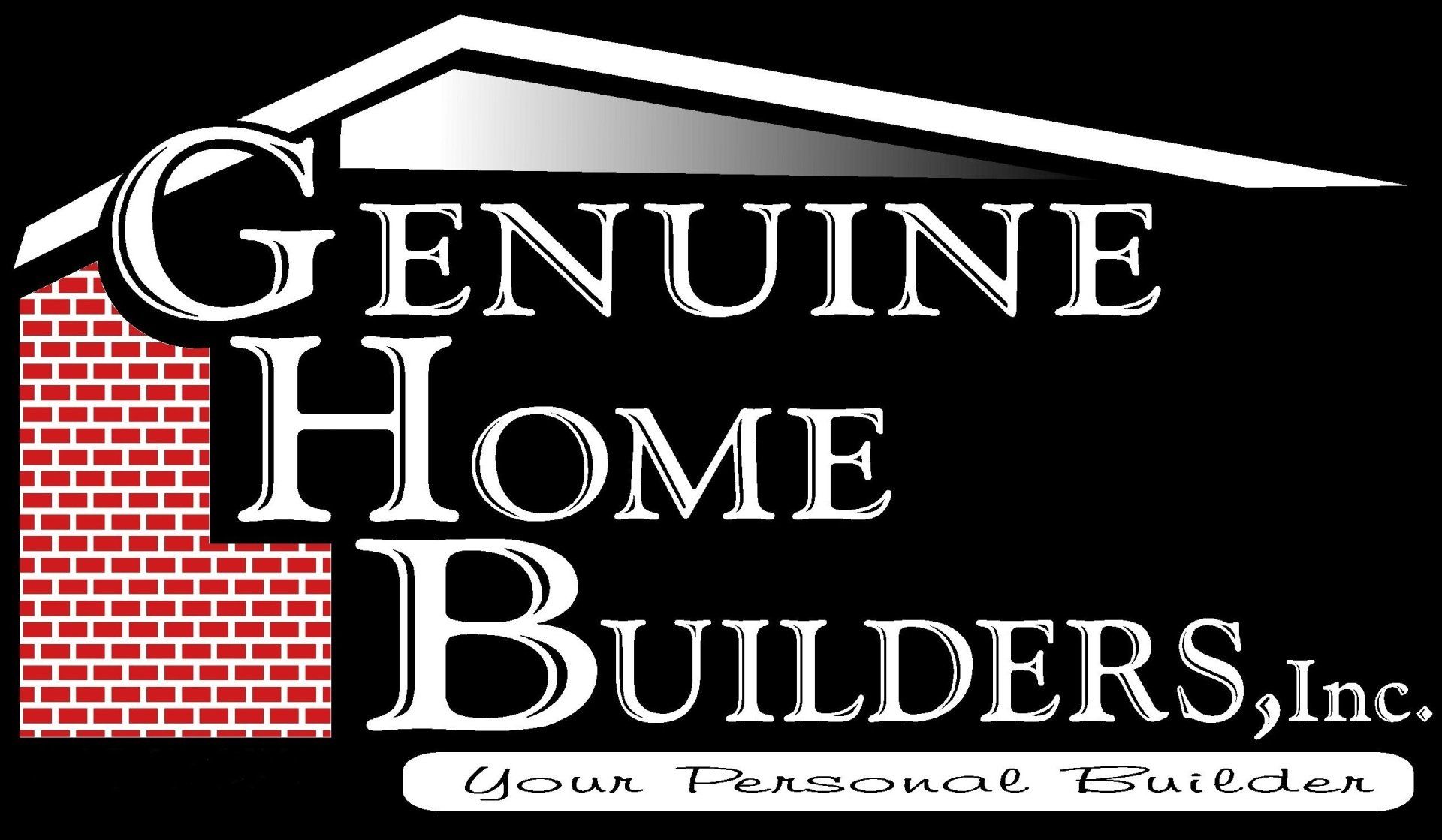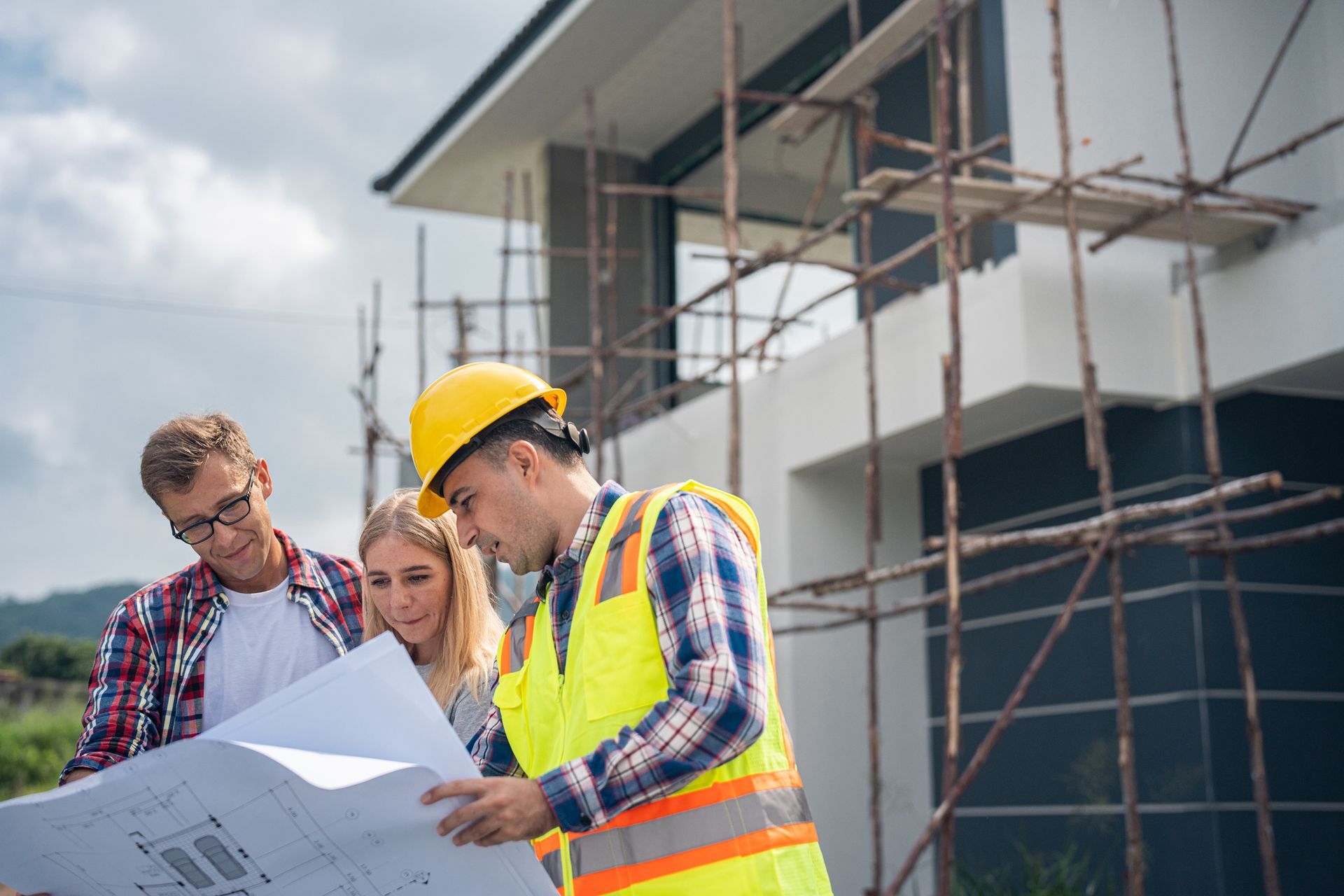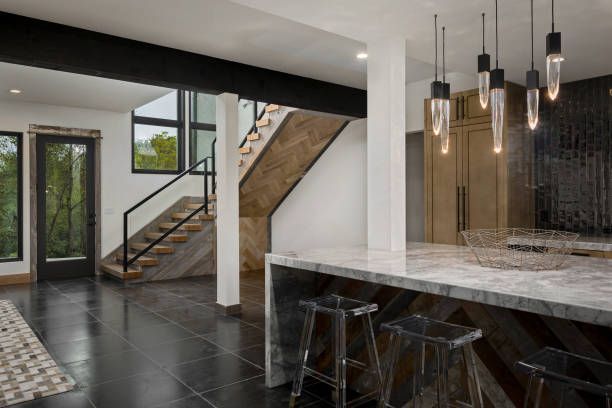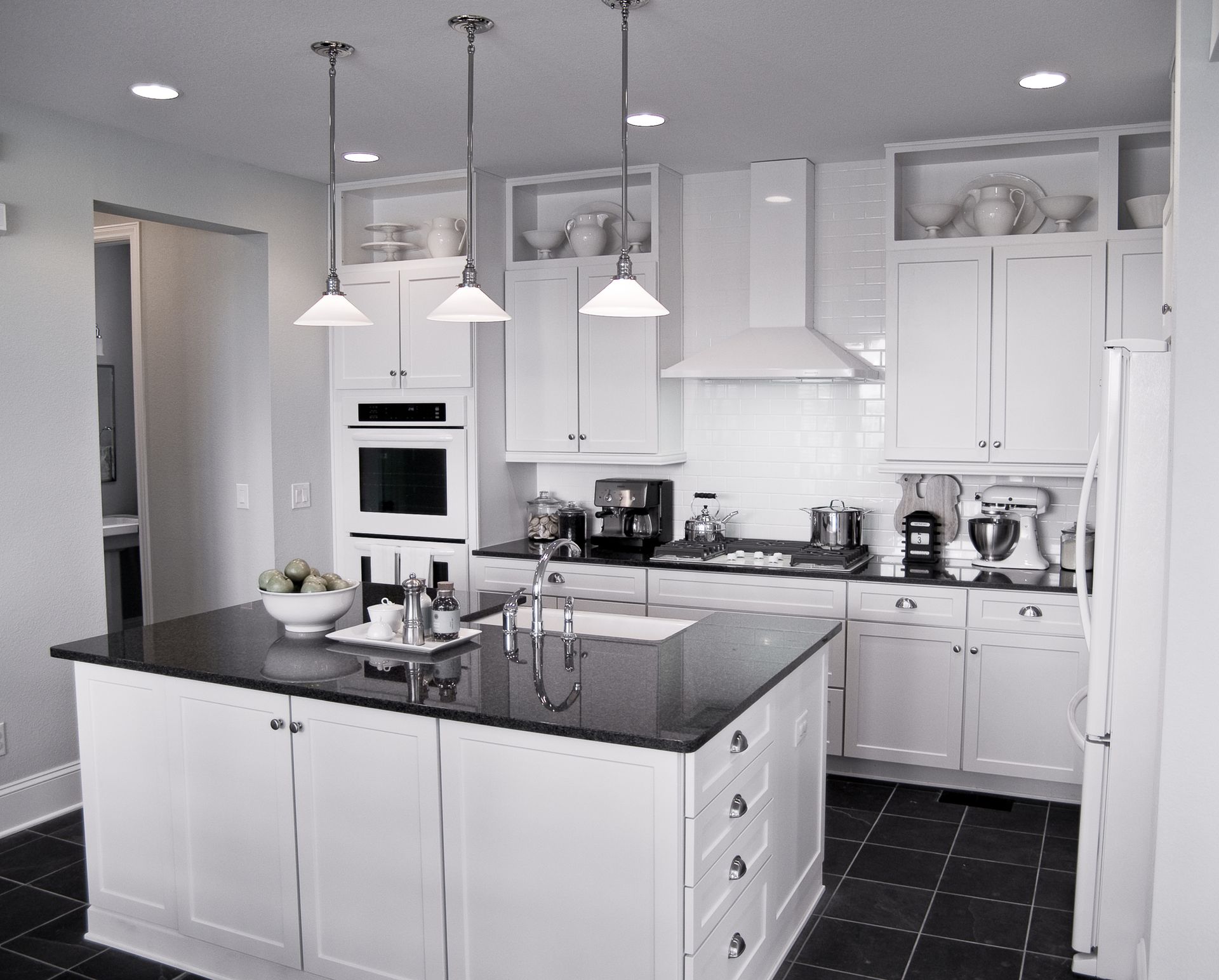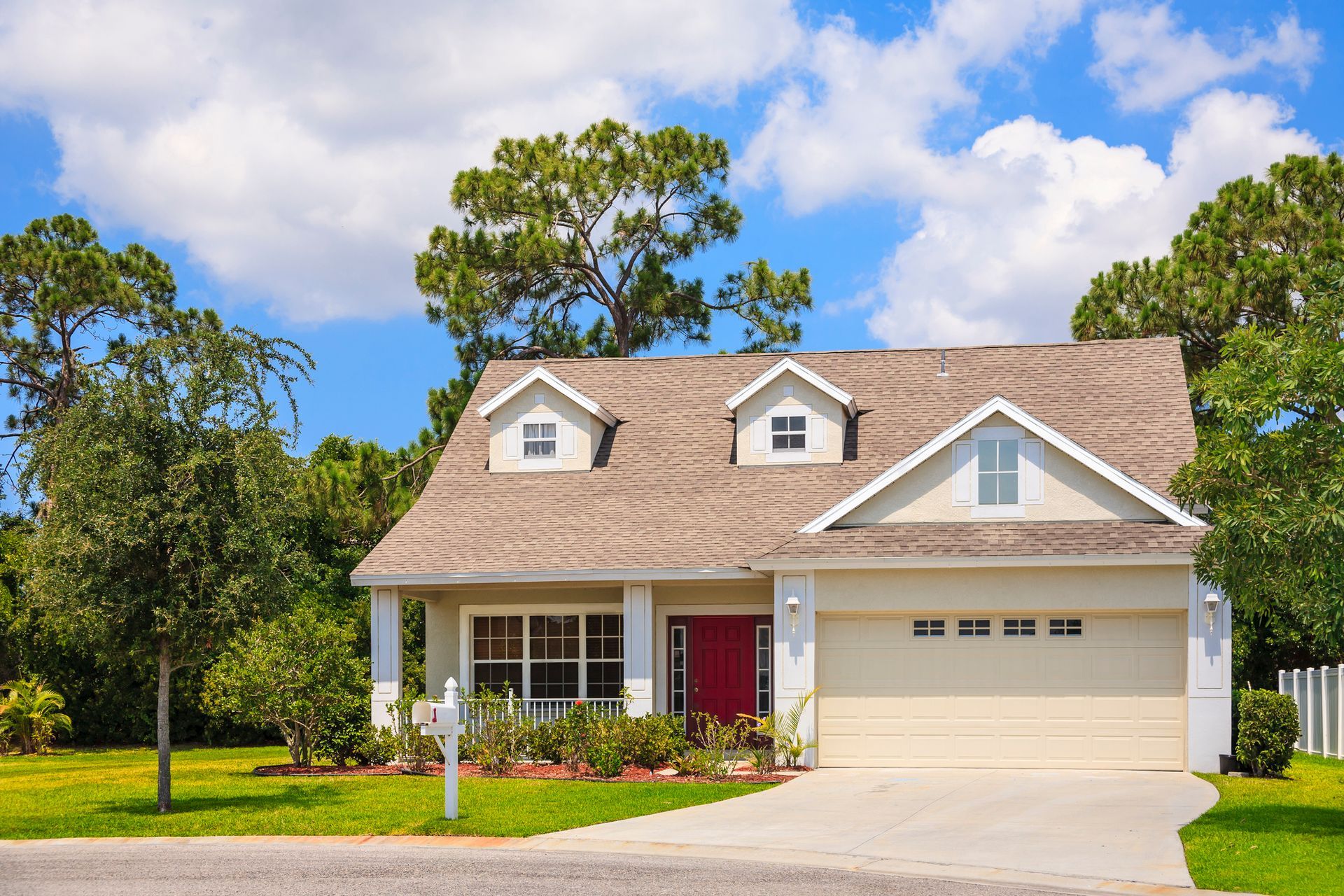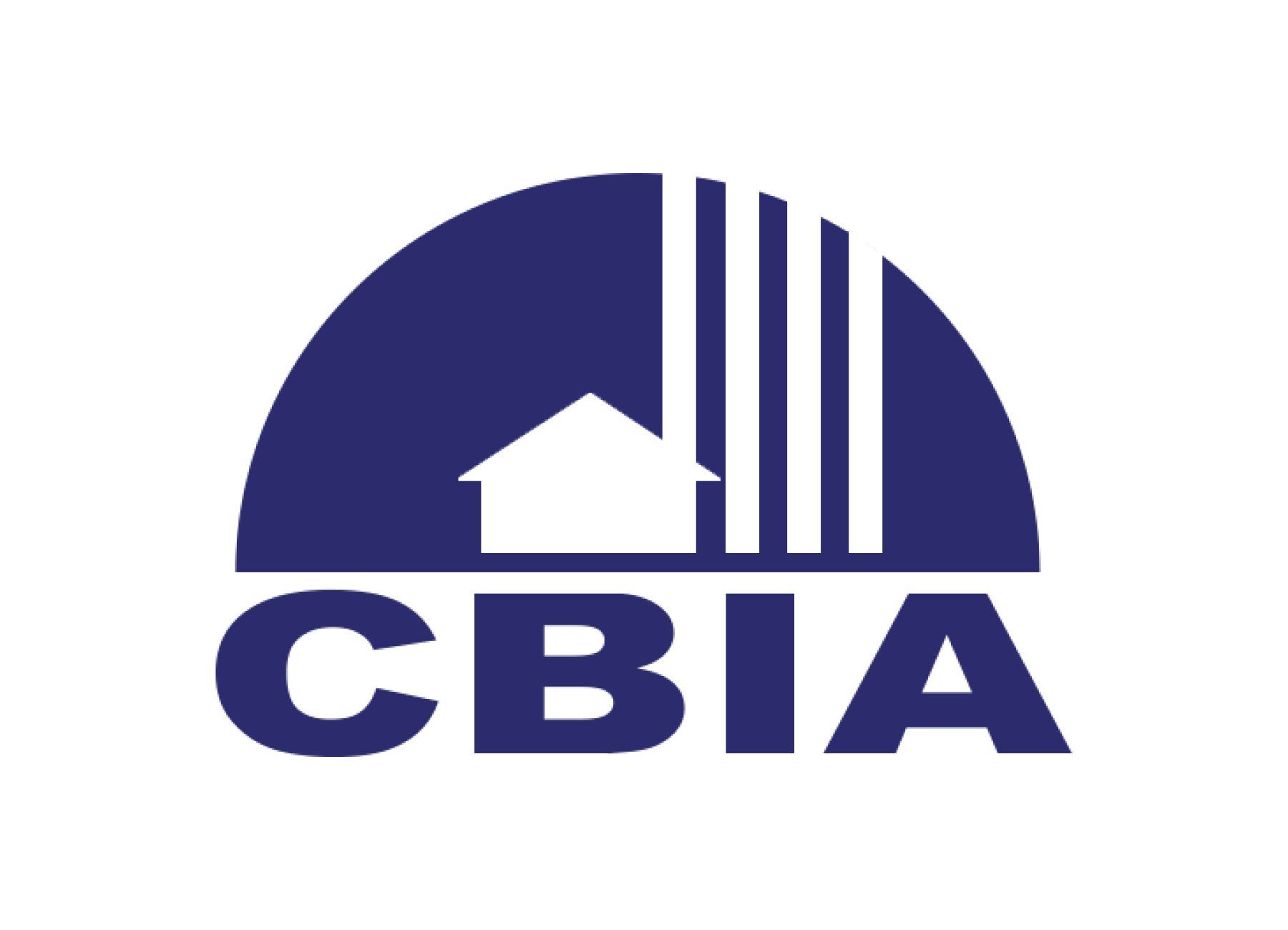4 Building Site Considerations for Your Home
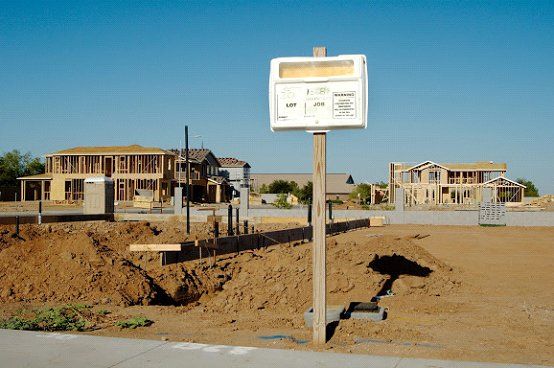
Your home's building site can make or break your home construction in many ways. The composition of the soil, the topography of the terrain, the depth of the water table, and other facts about the site can all drastically change what you need to do for a successful home building experience.
Here are four things to consider about the building site as you plan your new home.
1. The Site's Soil
The foundation of your home will rest on whatever type of soil exists at the construction site. When you choose the building site, you'll want to know in advance about any properties of the soil that could cause problems for your foundation or require extra work.
For example, some types of soil could destabilize the foundation as they expand and shrink with varying amounts of water. Expanding clay is one type of soil that does this. Knowing about your site's soil type allows you to take any additional steps needed for security (such as tied-back anchors for a foundation in a rocky area).
2. Drainage and Water Table
Good drainage is essential for a home building site. That's because water can cause cracks in your foundation, flooding, and erosion. An ideal home site should have ground that slopes gently away from the home on all sides. If your site sits on the side of a hill with a slope draining towards the home site, you may need extra drains to prevent pooling.
The water table is important here too. The water table is how far below ground the water typically sits. An extremely high water table means that water can be found just below the surface of the ground, and you could end up constantly pumping water out of your basement. If your water table is extremely high, you may want to plan a house without a below-ground basement.
3. Septic and Water Well Suitability
Plumbing systems are probably not your favorite part of the construction process to think about. However, if you're just far enough out of town that no water and sewer connection is available, planning for septic and well systems is vital.
The water table is only part of what you'll need to know for septic construction. Even if you know your site has good drainage, you'll need to have a percolation test and deep hole test to prove the site is able to host a functioning septic system. Both sandy soil that drains too quickly and thick silty soil that doesn't drain well can rule out a typical septic system.
Planning for your well is vital and also involves things like checking the water table, plus several other factors of your site, such as whether you can access high-quality aquifers from the site.
4. Erosion Control
Whether you're building in town or in a more rural location, you'll need a plan to keep erosion to a minimum throughout the construction process.
If you live in town, any eroded sediment could end up in the street or the storm drains. Outside of town, if a stream runs through your property, any erosion from the construction site could carry sediment into the stream and affect the water quality and aquatic life. Plan erosion control based on the location of the site, local regulations, and site factors that may affect erosion.
Some common anti-erosion measures to take for a residential construction project include:
- Using sediment fences to keep eroded sediment from escaping your site
- Using gravel to build a construction entrance
- Keeping disturbed, unvegetated areas to a minimum
- Placing a filter on any drainage hoses to remove sediment
Your contractor can help you make a plan for the appropriate erosion control measures to take based on the specific features of your site and the home you plan to build.
These considerations can help you evaluate your building site for potential issues so that you can plan accordingly. For more information on the construction and renovation services we provide, give Genuine Home Builders, Inc., a call today. We can help you build a home from scratch, completely update an existing home, or anything in between.

BROWSE OUR WEBSITE
CONTACT INFORMATION
Address: 3940 Radio Road Suite 107 Naples, FL 34104
Phone: 239-263-5015
Fax Number: 239.263.5016
Email: info@genuinehomebuilders.net
Business Hours
- Mon - Fri
- -
- Sat - Sun
- Closed
Holiday Hours
Closed November 28th and 29th
Closed December 23rd - January 1st
